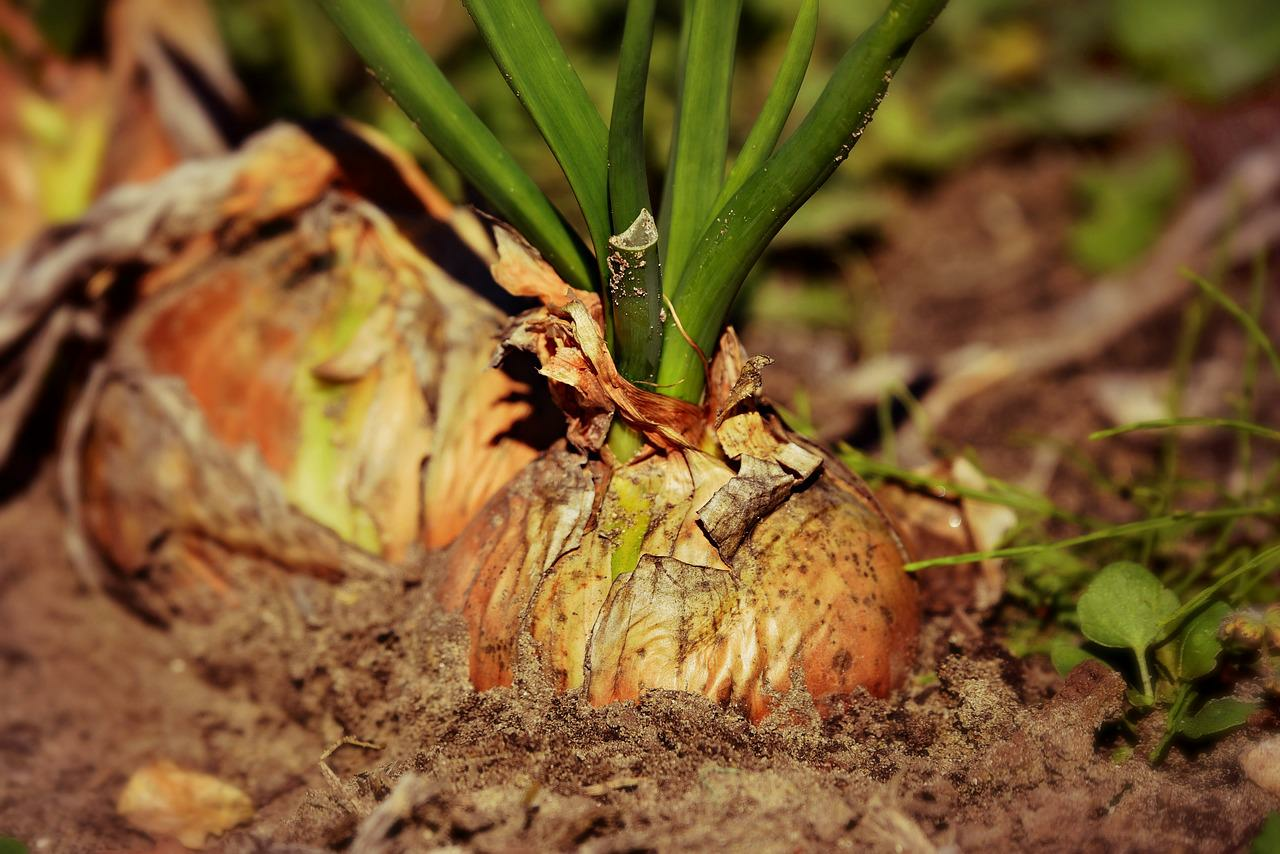8 tips for fertile soil
Maintaining soil fertility
Soil develops very slowly: depending on the type of soil, it takes between 100 and 1000 years for around one centimeter of fertile soil to develop. Soil is therefore a very precious resource that must be treated with care. Here you will find 8 tips and tricks for soil-friendly gardening to maintain soil fertility!
1. determine soil type & pH
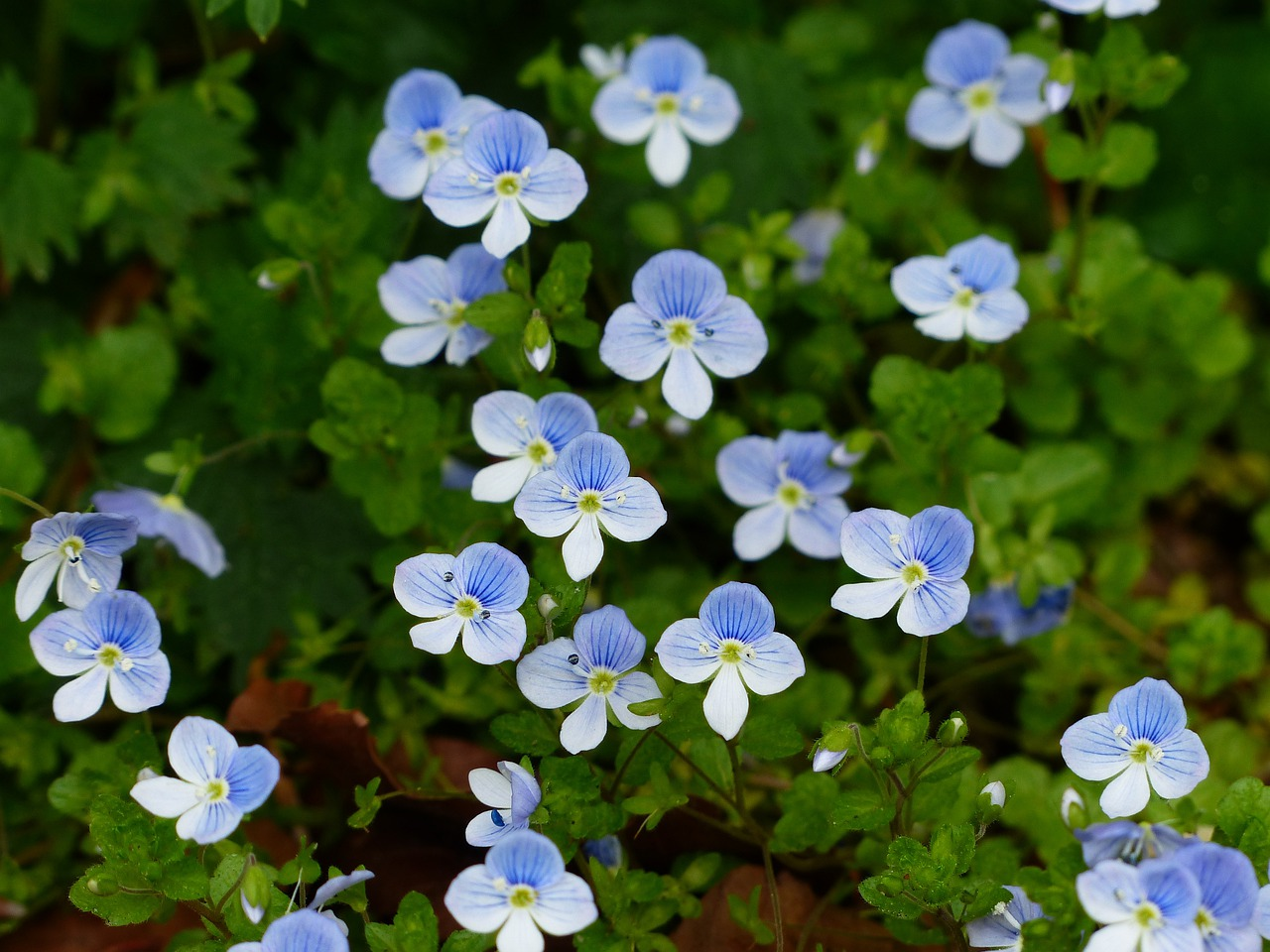
Soil type (heavy or light soil) and soil pH are important characteristics that provide information about the current condition of your soil. Only if you get to know your garden soil can you take appropriate horticultural measures.
To determine the type of soil in your garden, you can carry out a simple soil test (instructions can be found in our magazine). You can also use indicator plants to draw conclusions about other soil properties such as water availability and pH value.
2. improve garden soil
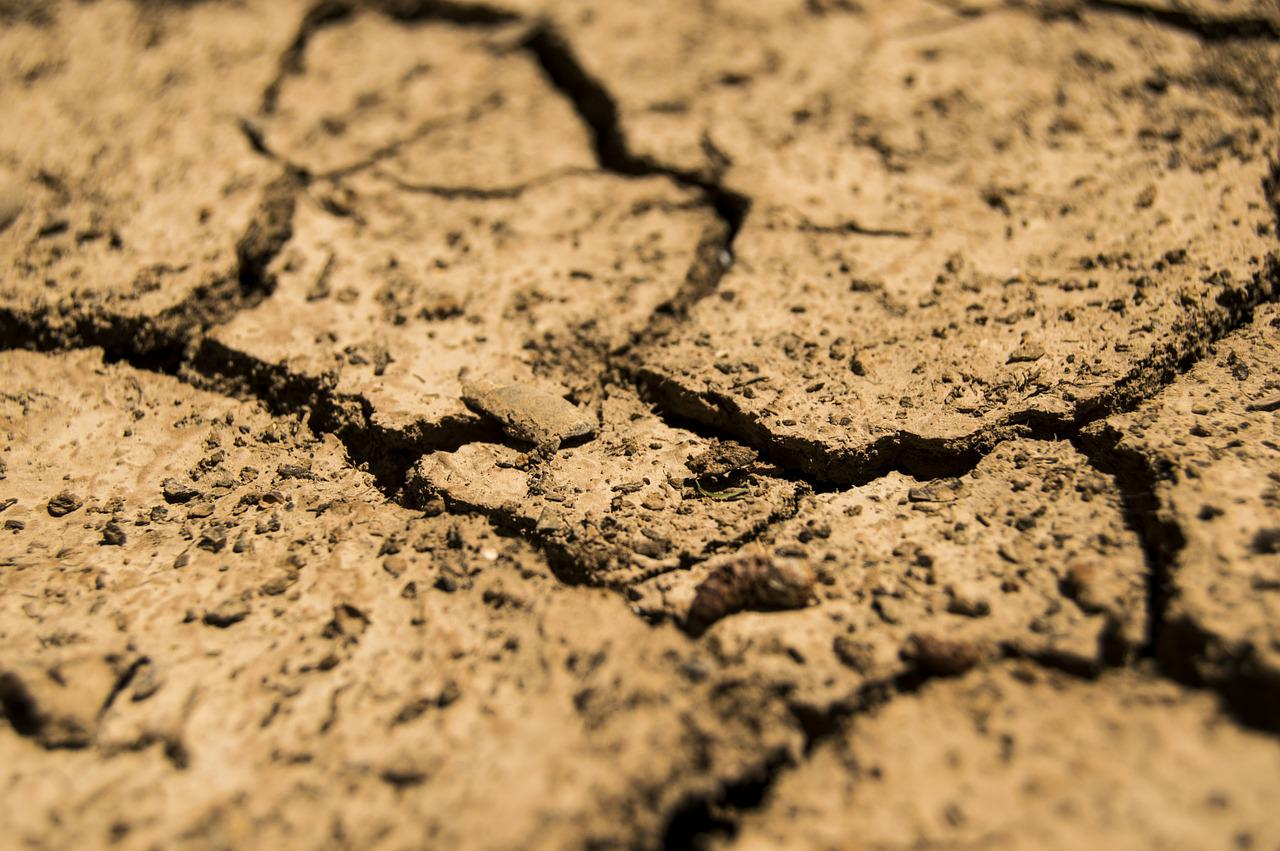
Now that you know how your garden soil is doing, you can take appropriate measures to improve the soil (if necessary) depending on the type of soil. A medium-heavy, deep and humus-rich soil with a pH between 6.5 and 7 is ideal for most crops.
3. promote soil life
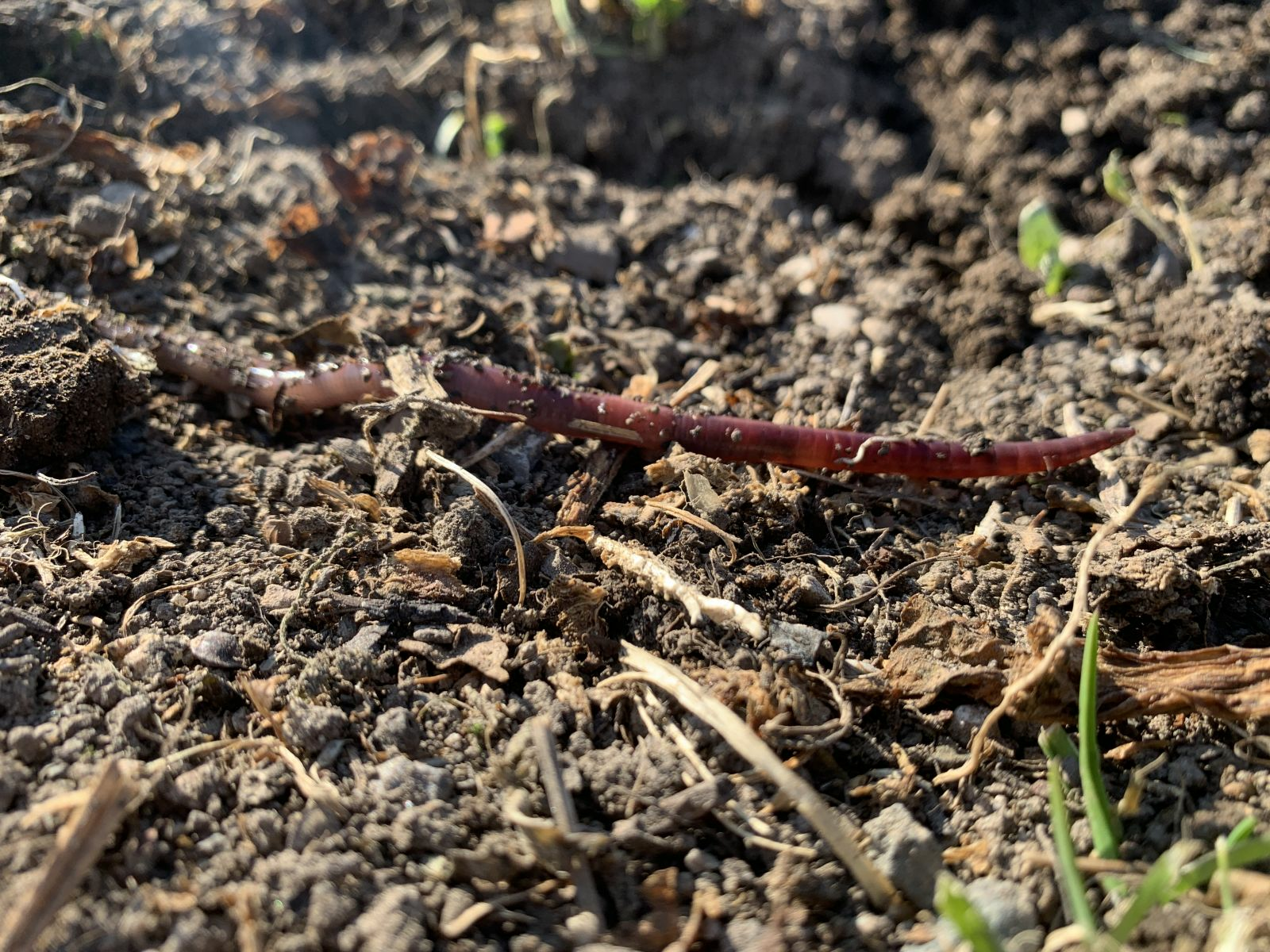
Numerous living organisms live in the soil, which together form the edaphon. Up to 10 billion organisms can live in one liter of soil. All these organisms contribute to the function of the soil, namely the conversion of organic matter. The biological activity in the soil is closely linked to the way we garden. Intensive tillage and cultivation can disrupt soil life and thus reduce soil fertility.
4. gardening without digging
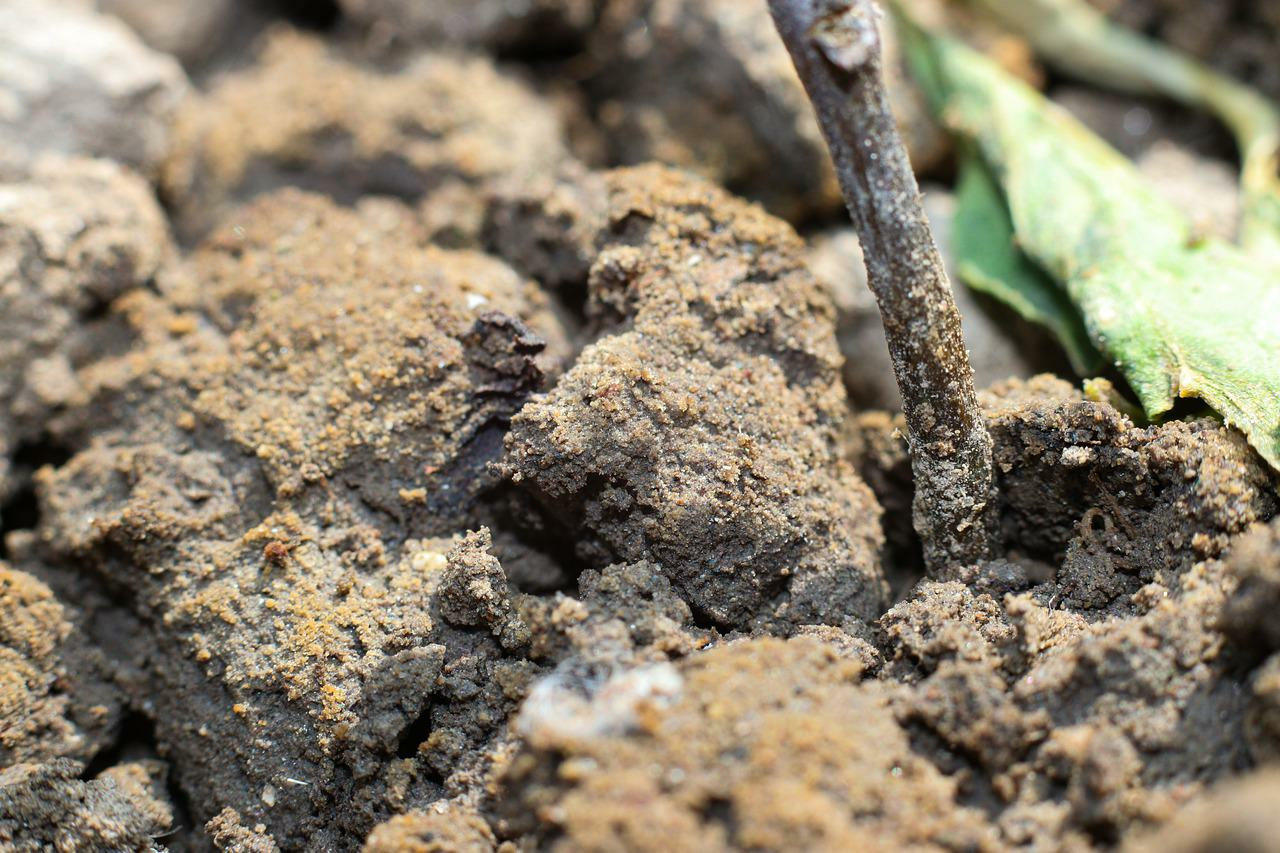
Digging destroys the finely tuned soil structure and literally turns soil life upside down. This severely disrupts soil life, slowing down the build-up of humus and leading to the mineralization of mobile nutrients that are at risk of leaching. To maintain the natural soil function, you can use the no-dig method and avoid digging.
5. year-round ground cover
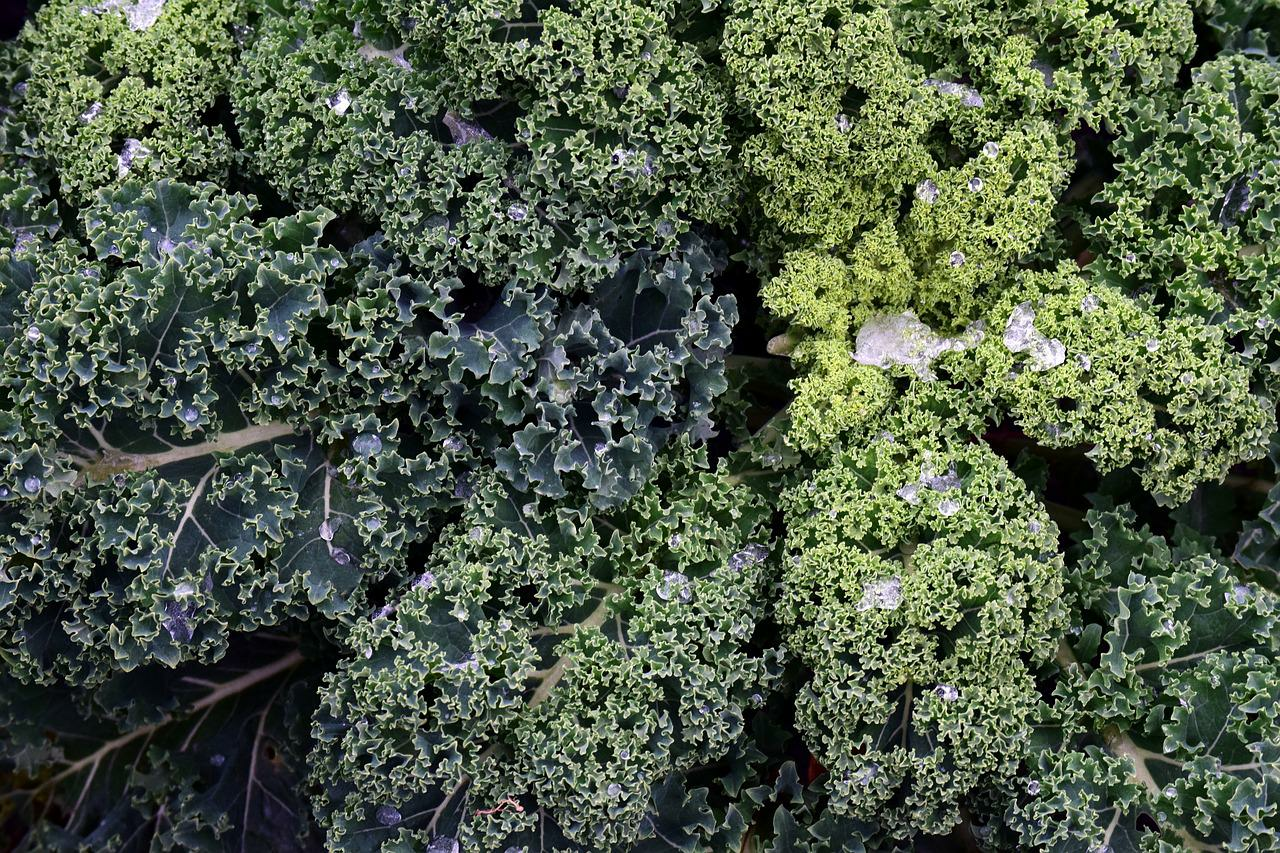
Bare soil is particularly susceptible to erosion, erosion and silting. You should therefore plant your beds all year round. This way, soil life always has enough food and the soil can fulfill its function.
Tips for the winter:
- Growing winter vegetables
- Sow green manure
- Mulch
6. gardening without chemicals
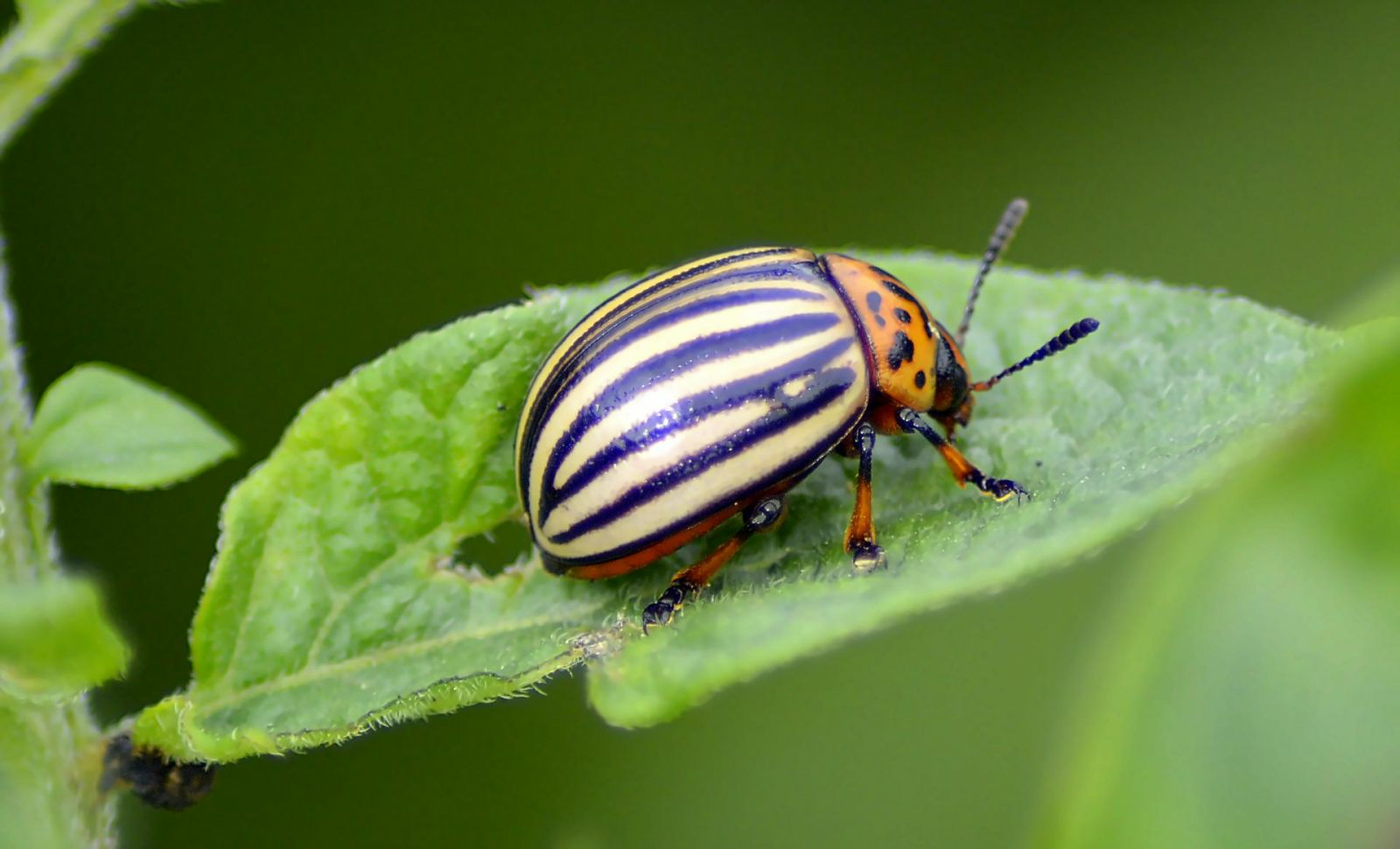
The soil and the plants that grow on it are an open, interconnected system that is very susceptible to external influences. Synthetic chemical pesticides are a strong disruptive factor for the ecosystem in the garden. Many of these agents have a systemic effect and damage not only the unwanted guest or the disease, but usually also other useful players in the bed.
7. preventive plant protection
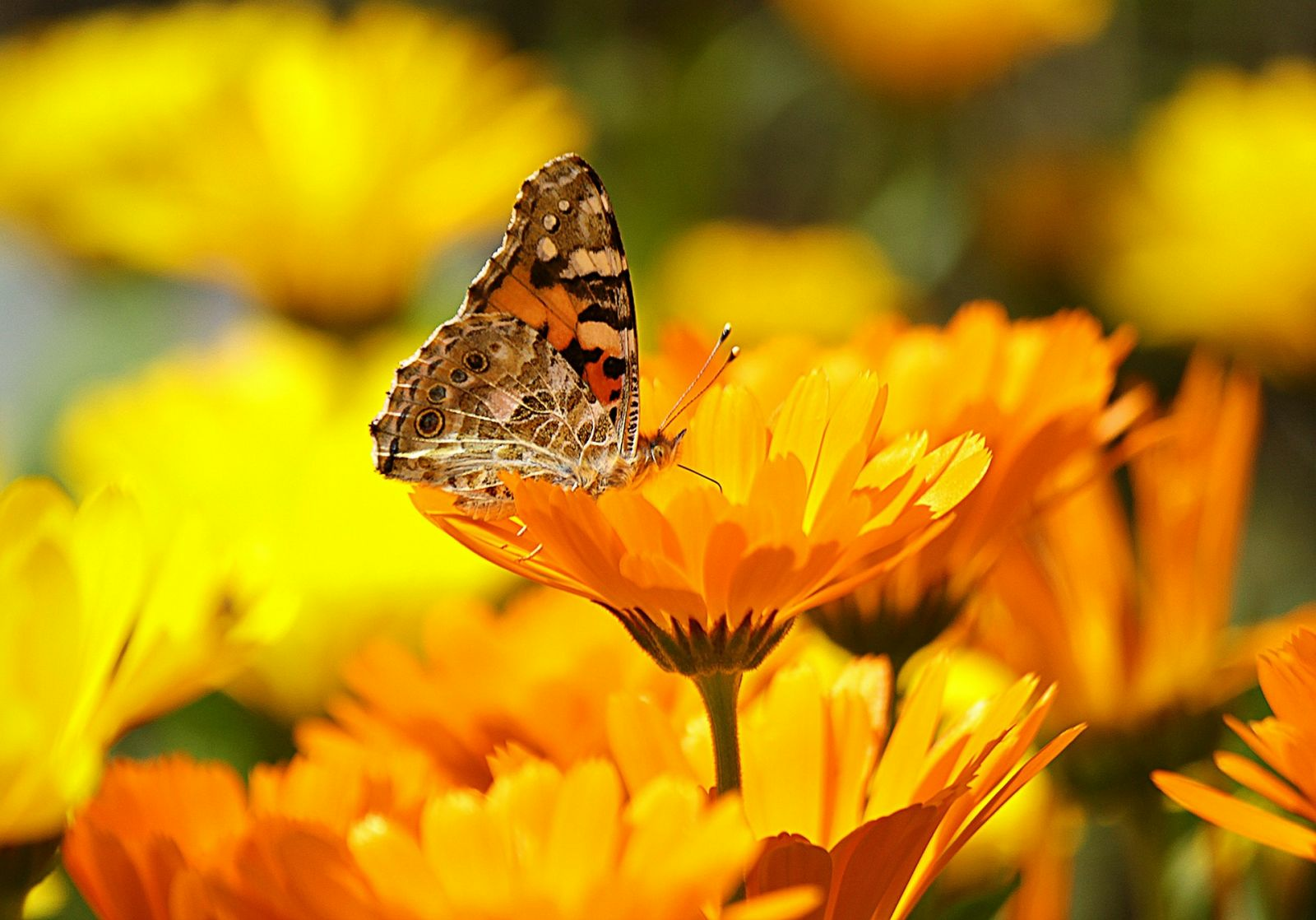
In organic gardening, plant protection is mainly preventative. The plants are strengthened in a natural way. There are various options for this: Plant liquids such as nettle liquids, plant teas or plant decoctions; compost tea; Bokashi ferment. There are also soil additives such as rock flour and other limes that are used for soil care. After all, healthy soil forms the basis for healthy plant growth.
8. organic fertilization
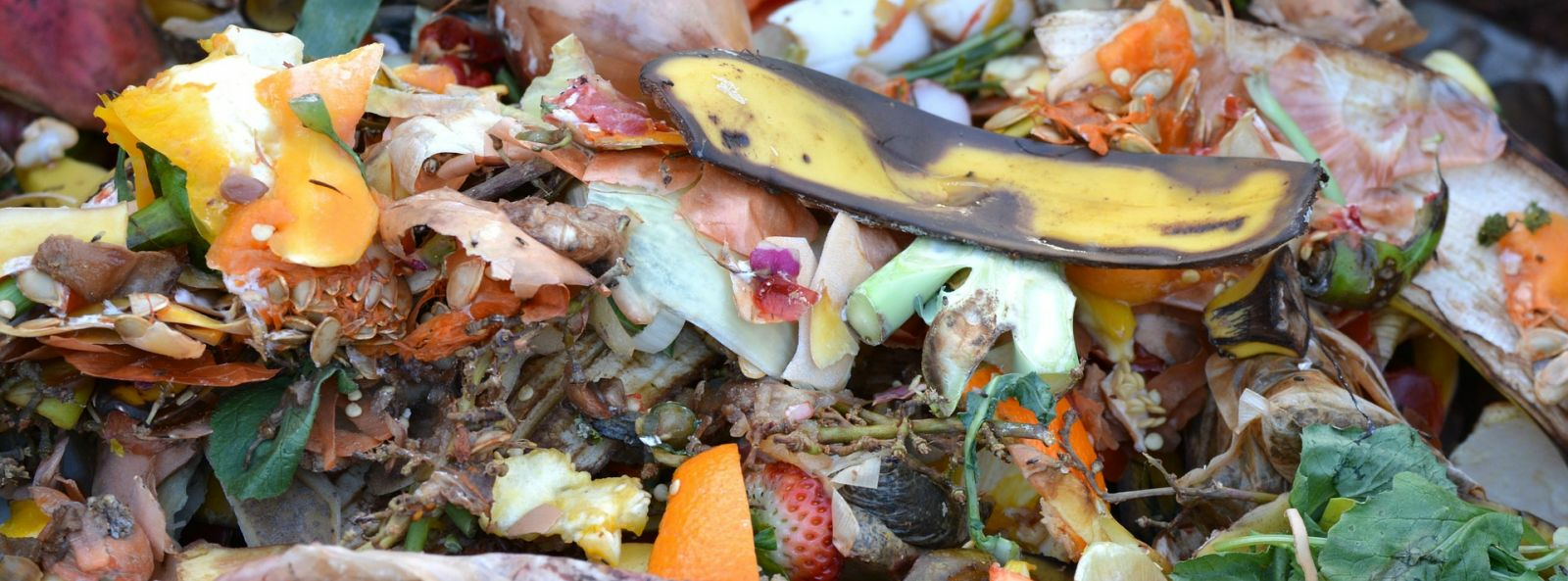
A large part of the environmental impact is caused by fertilization and the resulting nutrient leaching. For environmental reasons, organic farming therefore only uses organic fertilizers. These are less prone to leaching and provide nutrients in the soil for the long term. Organic fertilizers also provide food for soil life.
